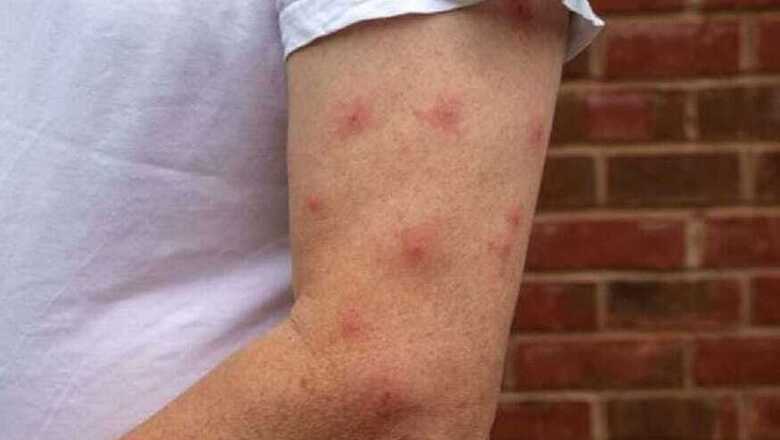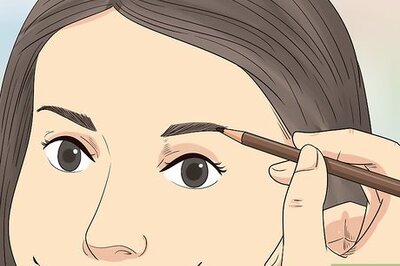
views
Ever since it was invented during the Second World War, researchers have tried to find out how DEET actually affects mosquitoes. While past studies have analysed the chemical structure of the repellent and with genetically engineered mosquito scent receptors grown inside frog eggs, the Anopheles mosquito’s neurological response to DEET and other repellents remained largely unknown.
According to a story published in Sci-Tech Daily, researchers at the John Hopkins have now applied a genetic engineering technique to the malaria-carrying Anopheles mosquito, which allows them a peek inside the insect's nose.
Speaking about the same, Christopher Potter, Ph.D., associate professor of neuroscience in the Solomon H. Snyder Department of Neuroscience at the Johns Hopkins University School of Medicine said that while repellents are an amazing group of odors that can prevent mosquito bites, it is unclear as to how they work. He went on to add that with their engineered strains of Anopheles mosquitoes, they can finally answer how the smell neurons of a mosquito respond to repellent odours.
He added that the results showed that Anopheles mosquitoes 'smell' neurons did not respond to DEET or other repellents (synthetic), but rather, repellents prevented human-skin odours from being able to be detected by mosquitoes.
The group's research was published in Current Biology on October 17.
Ali Afify, the first author of the paper said that they found DEET interacts with and masks the chemicals on a person's skin rather than directly repelling the mosquitoes.
Furthermore, when researchers puffed a scent that the mosquitoes could detect, onto the insect's antennae, molecules engineered by the group to be expressed in the antenna lit up the neurons and was recorded by the camera, showing that the mosquito's nose detected the signal.
However, when they puffed the scent of DEET alone, the mosquito's neurons did not light up, signaling that they could not 'smell' the chemical.
Finally, when human scent was mixed with DEET, stimulating the effect of applying the repellant to the skin, the response was tempered.
Researchers found that when combined with DEET, the number of human scent molecules in the air decreased to 15 percent from previous amounts, leading them to the conclusion that DEET traps human scents and prevents them from reaching the mosquitoes.



















Comments
0 comment